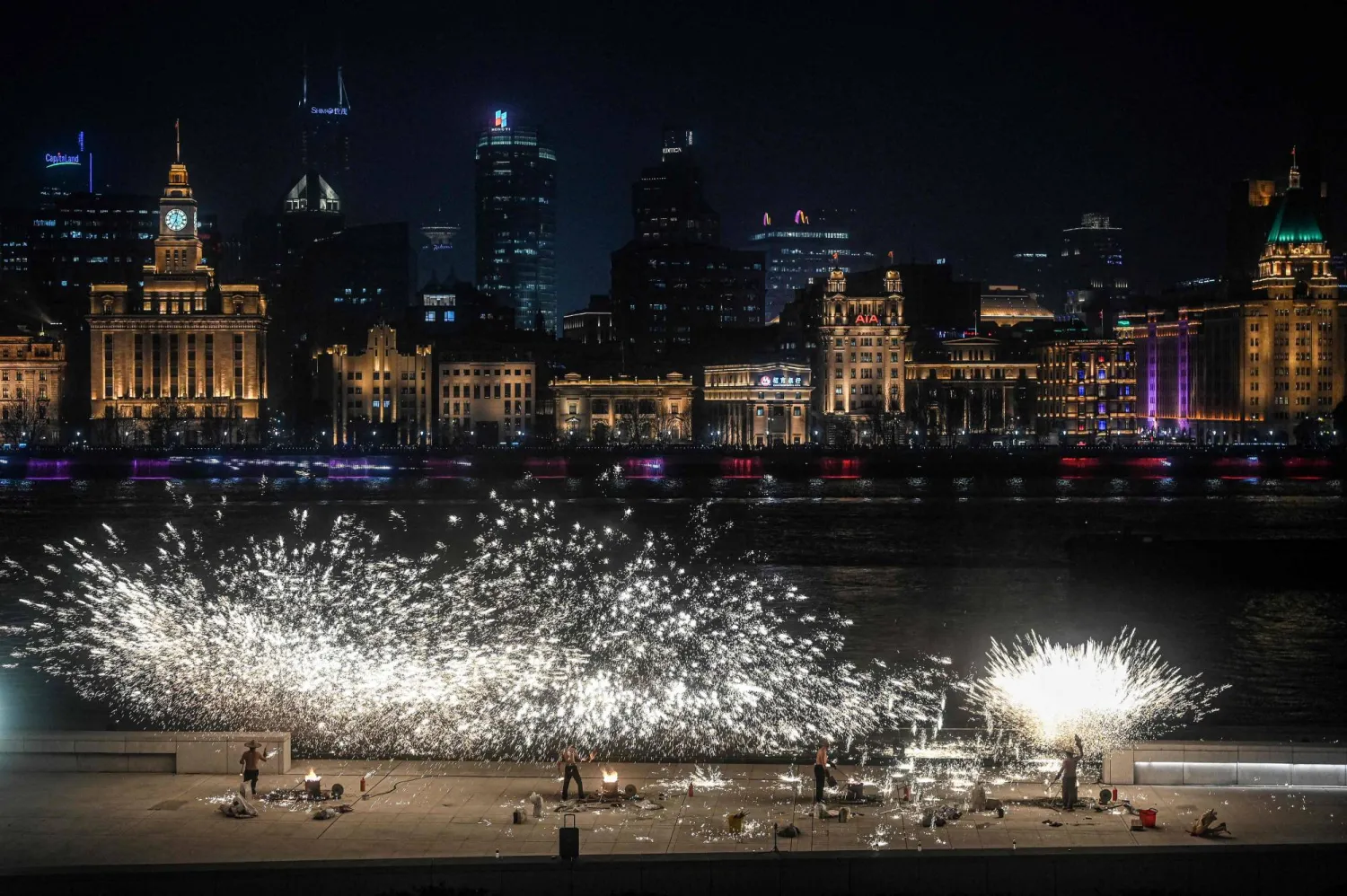Heal-Tec, a Saudi-based medical rehabilitation manufacturing facility, is the first of its kind in Saudi Arabia to manufacture prostheses, prosthetic devices and aids using digital industry that includes scanning and 3D printing.
Co-founded in 2020 by Dr. Hashim AlZain and Eng. Ayman Noori, HealTec is a dedicated B2B healthcare rehabilitation manufacturing facility that enables the local production of medical prosthetics and other devices to serve long-term care and rehabilitation patients.
In remarks to Asharq Al-Awsat, AlZain said that the use of digital industry in the manufacture of prosthetics has many benefits, including accuracy of measurements and speed of response, as it allows the production of accurate and complex parts more and faster than traditional methods, allowing patients to have a quick treatment and recovery.
According to AlZain, previous traditional methods were done either by using gypsum or meter measurements, and depended on the skill of the service provider; thus, human errors were frequent. But the use of this technology has greatly reduced these risks, he underlined.
AlZain noted that the size of the prosthetics market amounted to 3.7 billion Saudi riyals annually. He added that during the next five years, the factory’s share would reach 85 million riyals, to cover approximately 40 percent of the local needs.
Service providers in hospitals and rehabilitation centers usually import all the material from outside the Kingdom, which necessitates a long period of supply. Prosthetics and auxiliary devices may take more than three weeks to be supplied, which causes a backlog in appointments.
HealTec provides its manufacturing services to rehabilitation hospitals and healthcare centers across the Kingdom in record time compared to the traditional means, which rely heavily on imports.
The factory is also able to export prosthetics, devices, and aids to neighboring countries through the King Salman Humanitarian Aid and Relief Center, which enhances the implementation of the Kingdom’s Vision 2030.









